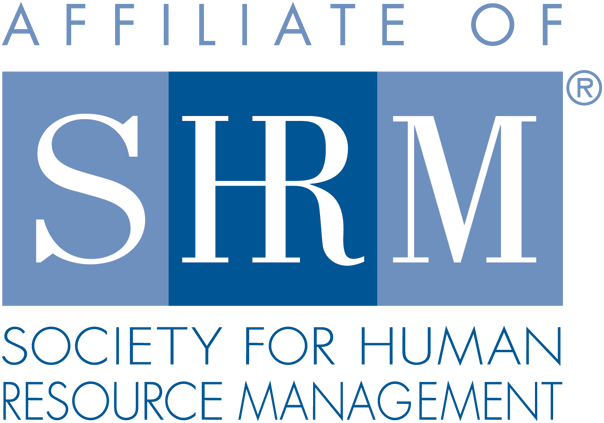
| Past Issues | Advertise | www.nehra.com | insights archive |
Tips for Providing Effective Feedback at End-Of-Year Performance Reviews
![]() Print this Article | Send to Colleague
Print this Article | Send to Colleague
Why is it that so many companies struggle with fostering and providing ongoing feedback? Three experienced coaches from ClearRock, Inc., a Boston-based career transition, outplacement, leadership development, and executive coaching firm continue to see clear evidence that organizations lack the ability, knowledge, or courage, to provide people with direct, high-quality, and actionable feedback. These experts offer some helpful ideas based on years of work with hundreds of organizations in different industries, different levels of leadership, and different organizational cultures.
Companies demonstrate tremendous focus on feedback from customers. Yet, why is there less focus on getting or giving feedback that will help with internal performance levels? "There’s something to be said about asking people directly what they think or telling them directly what they could work on to be better," said Annie Stevens, Principal Consultant at ClearRock. "It seems we have taken for granted the importance of daily interactions and speaking frankly. If companies could create a culture that lives and breathes feedback for all stakeholders, then they might be able to address this age-old problem."
"With all the value statements posted by companies to encourage employees to act with integrity and the creation of communication strategies to inform employees of internal developments, there is still an opportunity for greater honesty," added Lisa Zankman, Senior Consultant at ClearRock. "If people feel comfortable speaking the truth, it eliminates confusion and surprises at performance review time."
"The most important thing to remember is to stay focused on the three C’s," said Geralyn Burke Gray, Senior Consultant at ClearRock. "No matter how well you think you can effectively give feedback, following the three C’s will help you deliver it in a way that starts adding honesty to your relationships at work and at home." The three C’s are:
- Courage - make the resolution that you will have the conversation and know that you are doing it to be honest with the other person.
- Confidence - leverage your knowledge and insights to make the conversation meaningful to the recipient, and use specifics so that the information is based on actual observations or data.
- Compassion - show understanding and kindness in delivering the message. Even if you have to be critical about the behavior or the work product, you can be considerate and respectful.
Some of these ideas may appear simplistic, but if giving feedback is looked at as too hard or too complex, it may never happen. If we say "I am going to try this and not worry about being perfect," having honest, candid conversations can begin. People stumble, procrastinate, and avoid conversations that are pivotal to enhancing the effectiveness of their leaders and employees. If we consider that giving feedback is fundamental to driving business success and creating a truthful, reliable, and respectful environment, doing so will provide a better understanding of how vital it is in our interactions.
"In working with people who have received constructive feedback, delivered in an effective way, we find people realize the value," said Stevens. "In turn, they become more comfortable giving feedback to others." As organizations continue to develop people and promote a feedback culture, it will increase employee engagement, provide better communication channels among employees, and increase business productivity.
To obtain a copy of the full article "Feedback – An Organizational and Individual Perspective," outlining specific guidelines and conversation starters, please click here.
###
About ClearRock
ClearRock, Inc., headquartered in Boston, is a career transition, outplacement, leadership development, and executive coaching firm recognized for bringing best-in-class offerings to the coaching process since 2000. With offices in Massachusetts, New Hampshire, and Rhode Island, ClearRock offers developmental coaching for high-potential managers and executives; new-leader coaching for newly hired or recently promoted managers and leaders; performance coaching to help managers and executives become more effective; and outplacement coaching through a combination of a "high touch" career transition assistance and comprehensive "high tech" resources. For more information, visitwww.clearrock.com.
